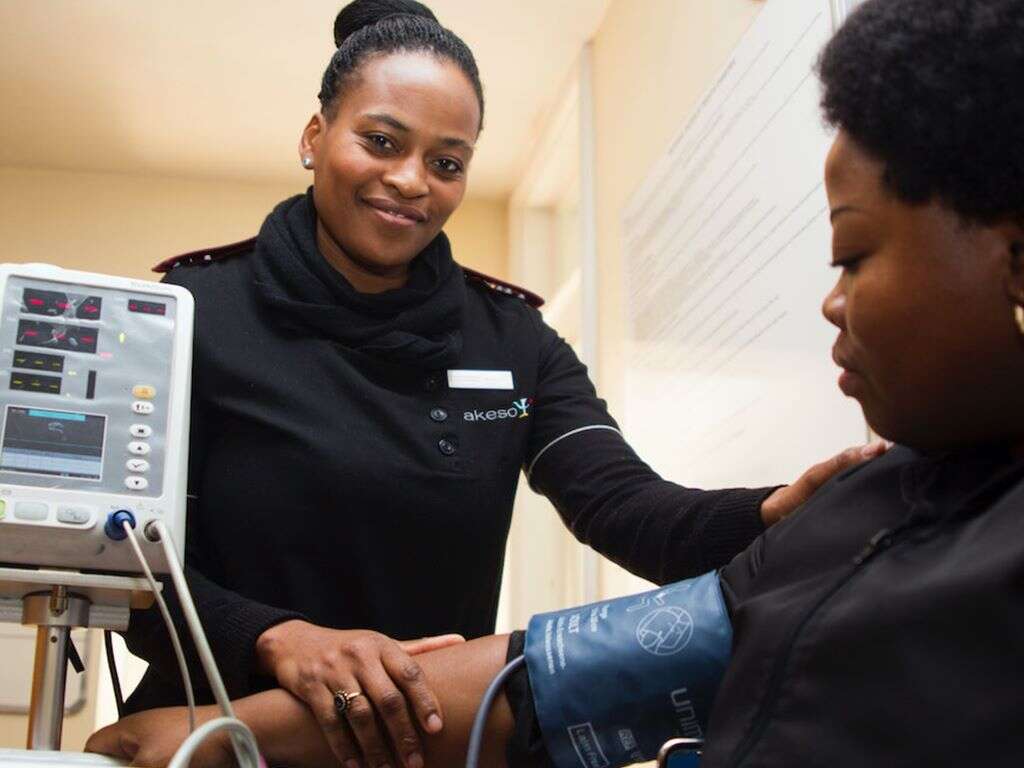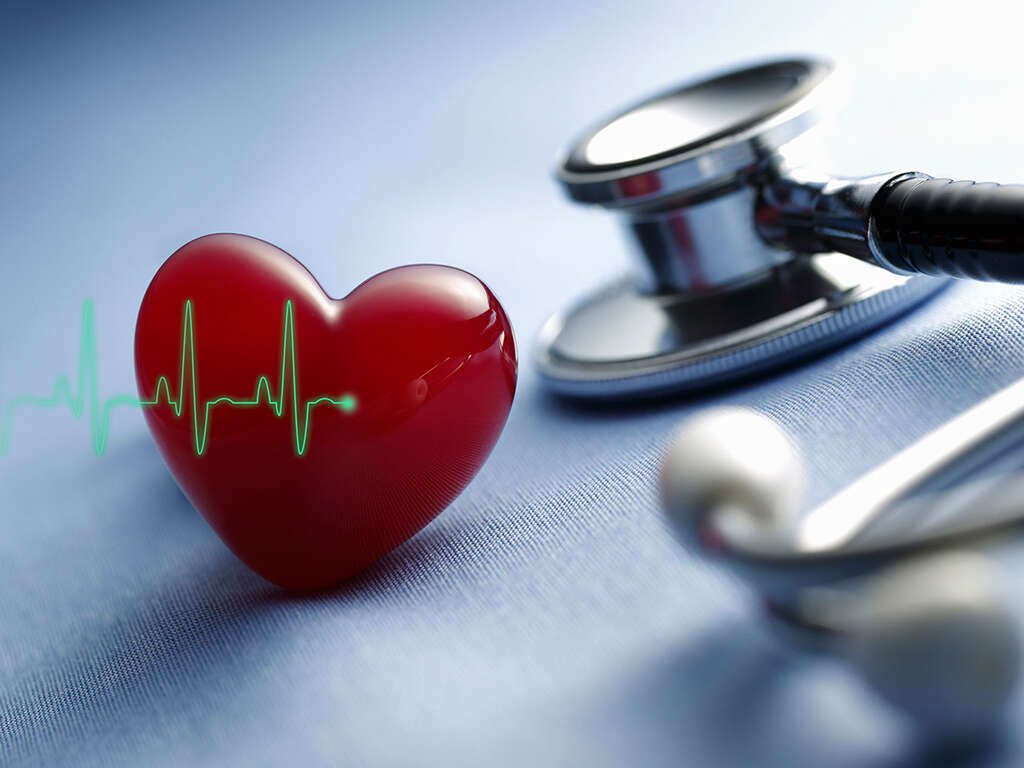10 Irregular Heartbeat Symptoms
 Article Sources
Article Sources
- 1. 'Heart arrhythmia.' _Mayo Clinic_, mayoclinic.org/diseases-conditions/heart-arrhythmia/symptoms-causes/syc-20350668
- 2. Jeffrey Luebbert, MD: 'That Seemingly Innocent Heart Flutter That You're Feeling, Is It Serious?' _Penn Medicine,_ June 1, 2016, pennmedicine.org/updates/blogs/heart-and-vascular-blog/2016/june/heart-flutters
- 3. Richard R. McCurdy, Jr., MD, FACC: 'Heart palpitations: When should you worry?' _Main Line Health_, January 23, 2018, mainlinehealth.org/blog/heart-palpitations-when-should-you-worry
- 4. 'Why Atrial Fibrillation (AF or AFib) Matters.' _American Heart Association_, heart.org/en/health-topics/atrial-fibrillation/why-atrial-fibrillation-af-or-afib-matters
- 5. William H. Blahd Jr., MD, FACEP; Adam Husney, MD; Kathleen Romito, MD: 'Dizziness: Lightheadedness and Vertigo.' _PeaceHealth_, February 26, 2020, https://www.peacehealth.org/medical-topics/id/dizzi
2. Racing Heart
People experience abnormal or irregular heartbeat conditions in different ways. In fact, some people have no symptoms at all. The feeling of a racing or pounding heart is one common symptom. Essentially, it feels like the heart is beating too fast.
This can be a sign of some type of tachycardia, but anxiety, stress, nicotine, alcohol and caffeine are also possible culprits. If there are other irregular heartbeat symptoms, it may be time to see a doctor.3Richard R. McCurdy, Jr., MD, FACC: ‘Heart palpitations: When should you worry?’ Main Line Health, January 23, 2018, mainlinehealth.org/blog/heart-palpitations-when-should-you-worry
Advertisement











